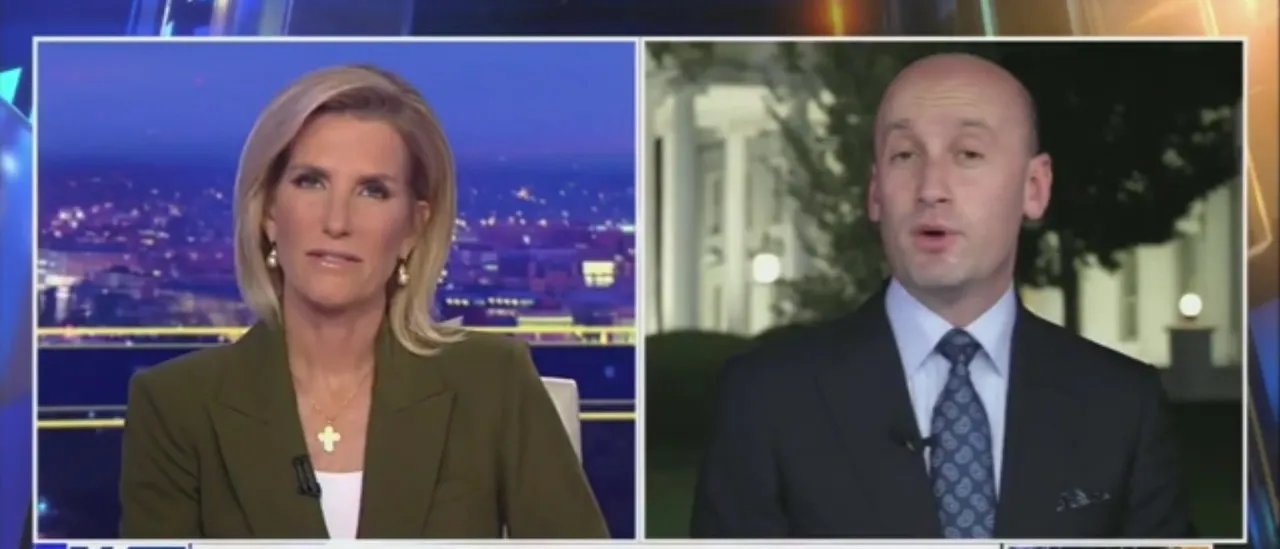Addressing Challenges for Rural Alabama
As a state representative serving many rural areas in Alabama, I’ve had the opportunity to work alongside farmers, small business owners, and families who are truly the backbone of our state. These individuals wake up at dawn, putting in long hours to support their communities. They heavily depend on established local institutions, particularly community banks and credit unions.
Currently, these rural communities are facing new and unfamiliar challenges. It’s crucial for Washington to step in. As a member of the Senate Banking Committee, I encourage Senator Katie Britt to take action in addressing this alarming gap before it negatively impacts the rural economy.
The core issue involves regulations surrounding the use of stablecoins. The proposed legislation rightly prohibits stablecoin issuers from offering interest or yield. This is aimed at protecting consumers from unregulated crypto products that mimic traditional bank accounts.
However, there are notable exceptions. Cryptocurrency trading platforms like PayPal and Coinbase don’t adhere to the same standards. They can provide incentives, like interest, for users who hold stablecoins within their systems. This encourages individuals to shift funds from local banks to digital wallets outside of conventional oversight. People may be lured into investing in these platforms, which lack FDIC insurance and are less regulated than traditional bank accounts.
To some, this might seem like a minor policy issue. Yet in rural Alabama, this has significant implications. If this loophole persists, community banks will feel the effects. The gap undermines their ability to make loans, as individuals may be increasingly inclined to deposit funds with crypto platforms that offer attractive rewards. Without these deposits, community banks struggle to lend to local residents.
Community banks are more than financial institutions; they are foundational to our towns. They assist young families in securing mortgages, provide operational loans to farmers during planting season, and extend credit to local shops and mechanics. These banks depend on local deposits to thrive. If these funds flow to a crypto platform promising higher rewards, the bank loses its lending capability, and the community loses its vital support.
In rural counties, where agriculture plays a pivotal role in the economy, this could be catastrophic. Agriculture requires significant and seasonal investment. Without dependable access to funding, many farmers won’t be able to sustain their operations. This has a cascading effect on the local economy, impacting equipment dealers, seed suppliers, grocery stores, and diners that cater to agricultural workers.
This isn’t just theoretical. The Treasury Department under President Trump has warned that leaving this loophole open could jeopardize up to $6.6 trillion in U.S. bank deposits. Foreign cryptocurrency entities are already exploiting this legal gap. If Washington remains inactive, rural America will likely face the worst consequences.
We’re not advocating for new regulations. What we seek is fairness and a level playing field. Without this change, rural financial institutions will have to compete against unregulated online giants.
Senator Katie Britt has consistently advocated for the families of rural Alabama. She recognizes the significance of safeguarding the agricultural sector and promoting community-driven economic growth. We now need her leadership once again.
As Congress gets ready to review market structure legislation this fall, I urge Senator Britt to support language that effectively closes this loophole.







